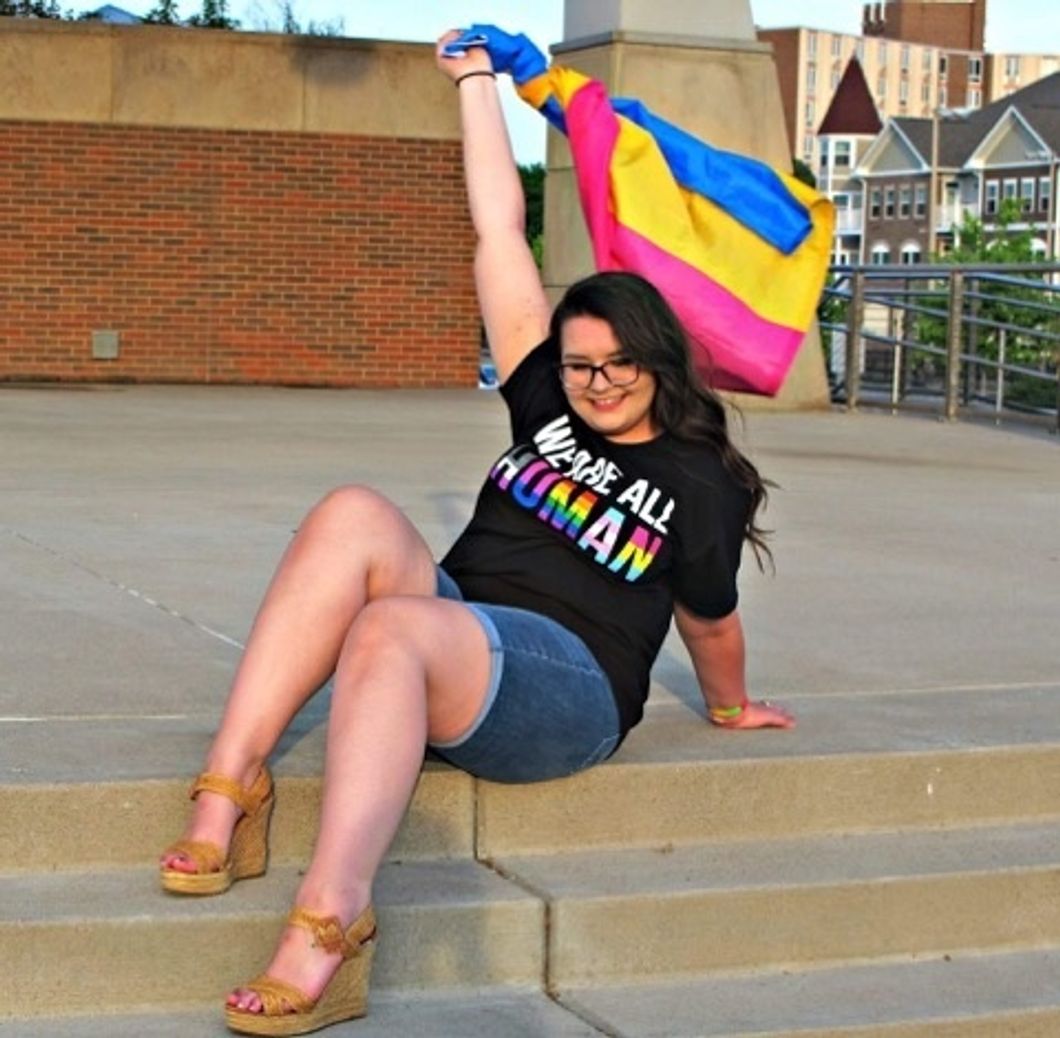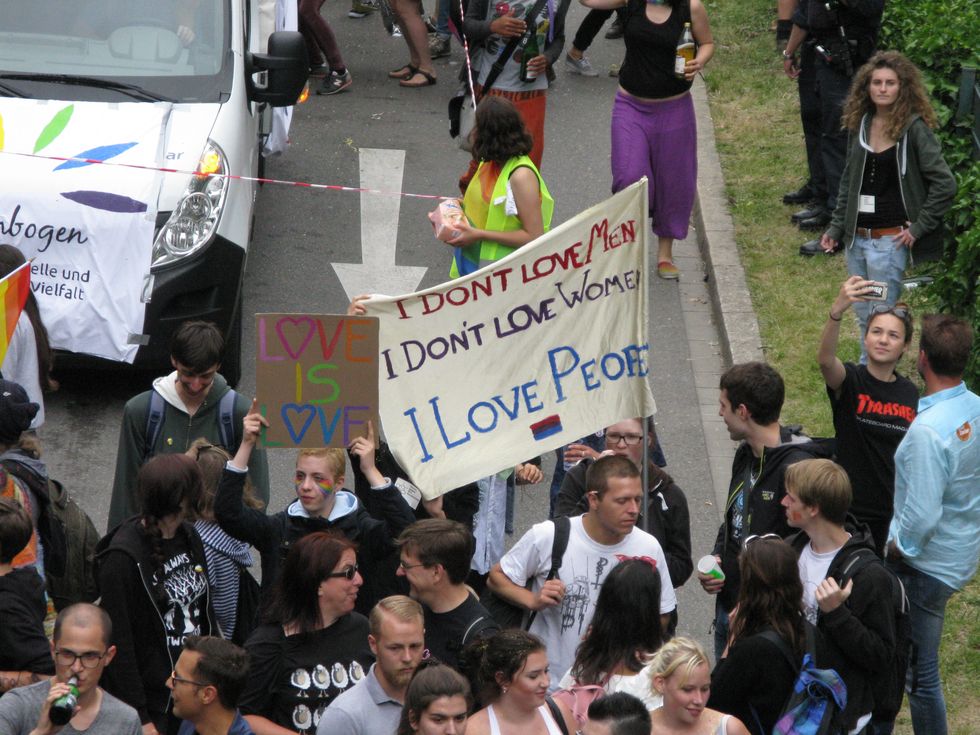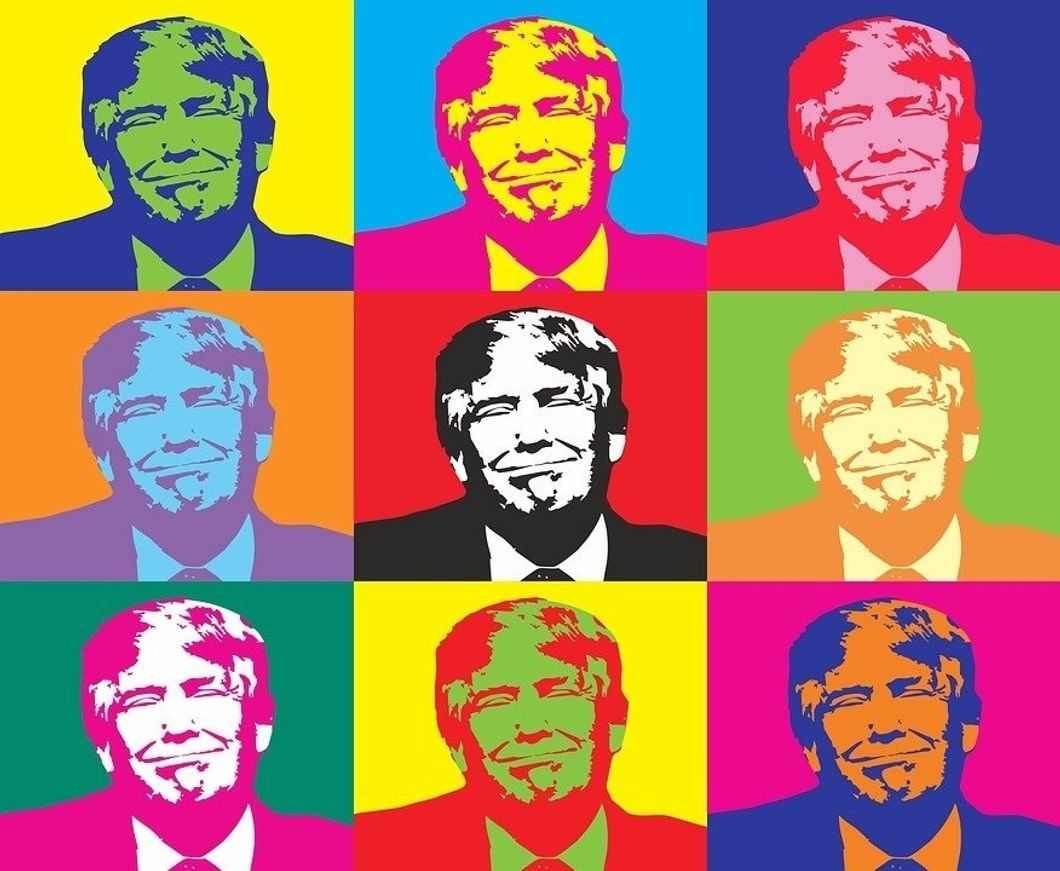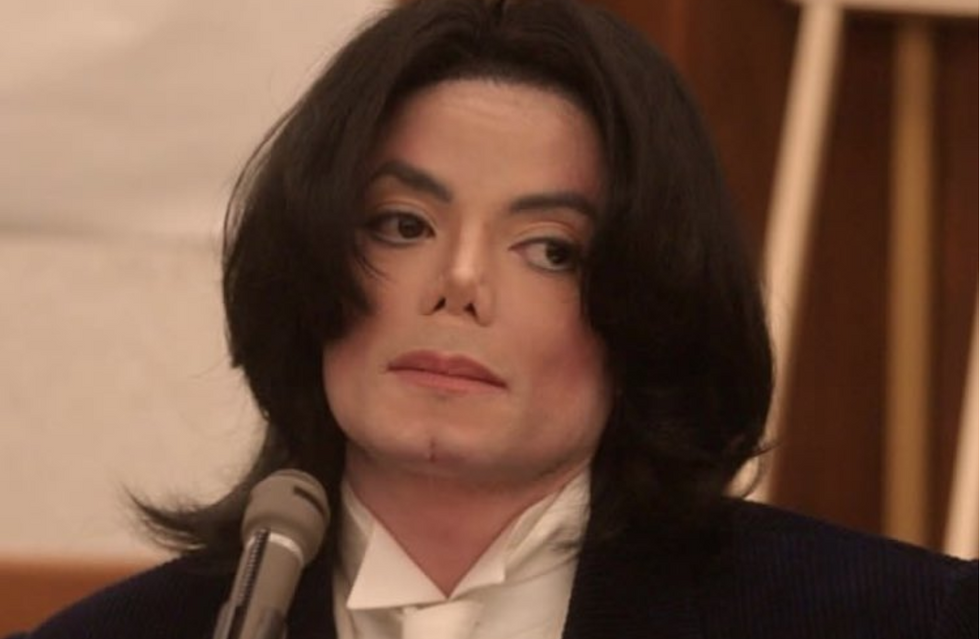Being Politically Correct Is Not A Negative Trait
Why is that seen as such a negative characteristic?
My first question would have to be why does my use of politically correct words and phrases bother you so much in the first place? I never really noticed how much political correctness bothered people until I went out to a restaurant one night with a few friends and picked up on the conversation that was happening just a few short tables away. When I looked over, I saw a young girl who could not have been anything more than sixteen sitting and eating lunch with an older woman I could only assume was her mother or maybe a grandmother. They must have been talking about something related to politics because it was then that I heard the older woman say, "You are too much of a feminist today."
My friends and I all looked at one another, eyes wide and not saying anything. Even though we were not speaking, I could tell we were all thinking the same thing. How could someone be "too much" of a feminist?
On the car ride home, we all started in on the conversation as soon as the doors shut. Some were arguing with one another while others interjected with personal experiences. It became apparent quickly that not only had we all heard what the woman had said, but it was not the first time any of us had heard something along those lines. One of my friends even started discussing her personal home life, saying that even her own family members tell her to "dial it down."
So why is it such a normal thing for people to tell those individuals that feel so strongly about politics and other areas that might correspond with current events to "dial it down"? If someone is confiding and discussing matters that are important to them with you, why is that seen as such a negative characteristic? Of course, if you choose to not partake in the conversation that is a different circumstance altogether, but belittling someone's passions and motivations? That I can and will never understand.
So many individuals in our society think that anyone who identifies as feminist or uses political correctness in their everyday vocabulary is completely radical and out of control.
I have personally heard countless older generations tell younger individuals that by using political correctness is "feeding into the sensitivity" of others. That phrase still baffles me to this day, because of course, I would want to feed into other people's sensitivity. I would never want to use harmful and offensive vocabulary and language around others that are negatively affected by those words. So to put a negative tone on something that others do to make people feel safe and accepted is ridiculous and should be put to an end immediately.
This rant is not made make you start using politically correct vocabulary and terminology, but to enlighten you on why others do. They do not want to change your political views, or forces their ideologies on your own, but rather create a warm and safe environment for those that might be standing around you. Because you really never know who might be listening.


























If Someone Checks Your Racism You're Not The Victim Here, So Here Are Some Tips For Not Acting Like It Either
The way you react to being accused of racism can have a bigger affect than the ignorance in the first place, so here's how to respond in those situations.
Psychology Today defines a "Microaggression" as "everyday verbal, nonverbal, and environmental slights, snubs, or insults, whether intentional or unintentional, which communicate hostile, derogatory, or negative messages to target persons based solely upon their marginalized group membership." To put it more plainly, its anything discriminatory that isn't 100% over.
With that in mind, it may seem to some that literally, everything is off limits to joke about nowadays. While the '90s and early 2000s was full of fake acceptance cloaking heavily problematic stereotypes, assumptions, and misconceptions about marginalized groups, it's left us with a heavy "us vs. them" mentality, with "regular people" on one end and "snowflakes" on the other.
"Snowflake" is a relatively new term commonly employed by conservatives to mock the emerging atmosphere of political correctness, "safe spaces" and the uphill battle minorities face in pursuit of equal rights.
The reason for this, among other things, is the fact that the emerging adult community was raised in the above mentioned standards that were upheld in the '90s and early 2000s. Therefore, we're left with people who think they can, and should get away with anything so long as they aren't waving a Nazi flag or sporting white sheets over their heads.
Studies confirm that many people harbor unconscious racial biases, whether or not they would classify as a full-blown racist.The thoroughly depressing reality of that aside, that along with white guilt, or a sense of shame white people may experience considering the demographic's historical treatment of people of color and other minority peoples, can make racial issues exceptionally difficult to talk about.
With lack of communication comes inevitable ignorance of how a comment, action or opinion may be considered offensive to a marginalized person, leaving many social interactions with both parties angry, sad or even fearful from its outcome.
Ignorance is often not the explicit fault of the ignorant person. However, the problem with today's society is not solely ignorance, nor that people are too sensitive all of a sudden.
For the first time in the nation's history, the social climate allows minority people to be emboldened enough to call people out on their racism. This is a massive societal win for many marginalized groups who no longer have to stand in as a token for their demographic so corporations can meet their diversity quota.
Although, it was clearly not something the bulk of the nation was prepared for.
With the mixture of this newfound liberation for minority groups, an ignorance that has spanned centuries and how difficult people find it to communicate about racial issues, we have the perfect storm for someone to go on the defense instead of treating the accusation of racism as a learning experience.
Thankfully, the concepts behind responding in an appropriate way are pretty straight forward.
1. You Are Not The Victim Here.
There are too many people who get accused of saying something offensive, then immediately go on the defensive. This gets everyone absolutely nowhere.
It probably really sucks to feel like someone thinks you're a terrible person, especially when you didn't realize you were in the wrong. Considering America's history with racism, being singled out for contributing to that is going to bring up a lot of feelings. So naturally, people may turn to arguing and making excuses for the terrible thing they did or said.
The pro-level of this reaction is when a person points out something ignorant or discriminatory, then the accused starts crying.
This immediately takes the attention off of the victim and onto the offender, because the offender then needs to be consoled before any progress in the interaction is made.
Any of these reactions, or feeling that someone is being "mean" to you by checking your ignorance, is a product of white privilege. So, if you care about being a good ally to the marginalized section of our community, its best to save the crying or yelling as a last resort.
2. Apologize First.
Do not pass go, do not collect $200.
Apologizing first, even if you don't understand what you've done, keeps all doors of communication open so you can dig deeper into the situation a little more.
Even if you don't feel remorse—out of ignorance, stubbornness or skepticism—apologizing first acknowledges that they are a human that deserves respect which you've just violated somehow.
Here our pre-school days come in handy, as we can all do well to "treat other's like we want to be treated". Think on how you'd feel if someone disrespected you in the middle of your day, then that empathy should be applied to whomever you've hurt.
If the accused responds in any way besides this, the opportunity for fixing things is annihilated, and the hurt that you both are feeling has no chance of being relieved. Granted, after an apology has been issued and a conversation follows, you might still feel that you're in the right or feel bad in general. However, you still did your best to alleviate some of their discomforts, maintained the cordiality of the relationship and know how to avoid similar situations in the future.
3. Prove To Yourself And Them You're Not A Bad Person
I'm multiracial but look white as hell. I was ignorant as hell as a kid. I've been there where something you said offended when it was clearly not your intention. In fact, in the case of microaggressions, the intent is often not to offend.
So, now it's your job to do your best to prove to them and yourself that you're not a bad person.
The only way to accomplish this is by listening.
Listening to why they were offended, why its a problem and asking questions about the reasons behind it or how to avoid repeating the mistake in the future is the key to growing. And consequentially you might get to learn something that day, which everyone should be thankful for.
Facing these interactions humbly and with an open mind encouraged growth as well as learning, so even though you may feel like crap, this opportunity is definitely a good one.
4. Follow Through
After the badness has happened and been pointed out, an apology has been made and a conversation has been had, the effect of the situation should not end there.
If you're still a little unclear on the offense or want more information, take it upon yourself to watch a Ted Talk or two to keep the conversation going internally.
Then, it's important to actually apply what you've learned to your thoughts, words, and actions. Once it's been pointed out its much easier to identify discriminatory lines of thinking, reconsider previous opinions and even reevaluate how ignorance might be applied to other areas that you hadn't thought of.
If you feel they might still be upset, especially if they're someone you run into often or work with, a check in can go a long way, too. A simple "Hey, I just wanted to make sure you're still OK after the other day" can easy any resentment that might be lingering. Even if that still doesn't fix things, you know you've done everything in your power to make it right.
Even attempting to follow these steps can make all the difference in developing the quality of our interactions a safer society for everyone. Although this may seem like inconsequential in the grander scheme of things, change is truly inspired one baby step at a time, so don't knock it till you try it.